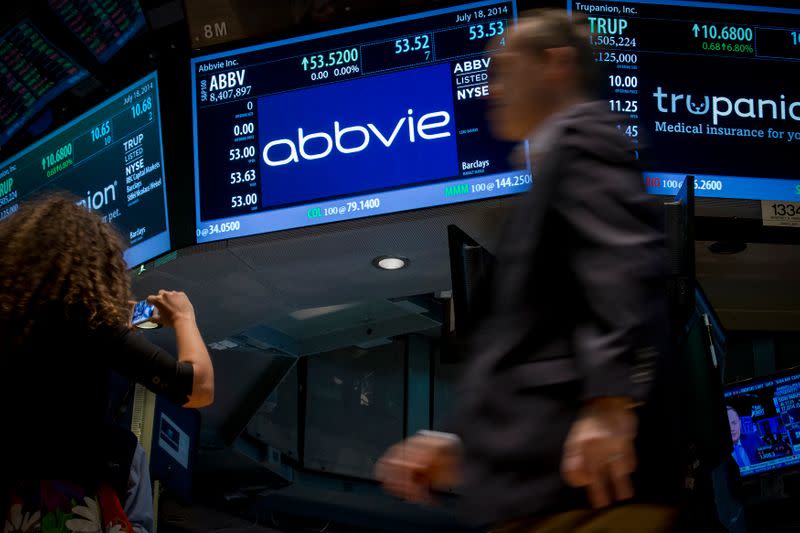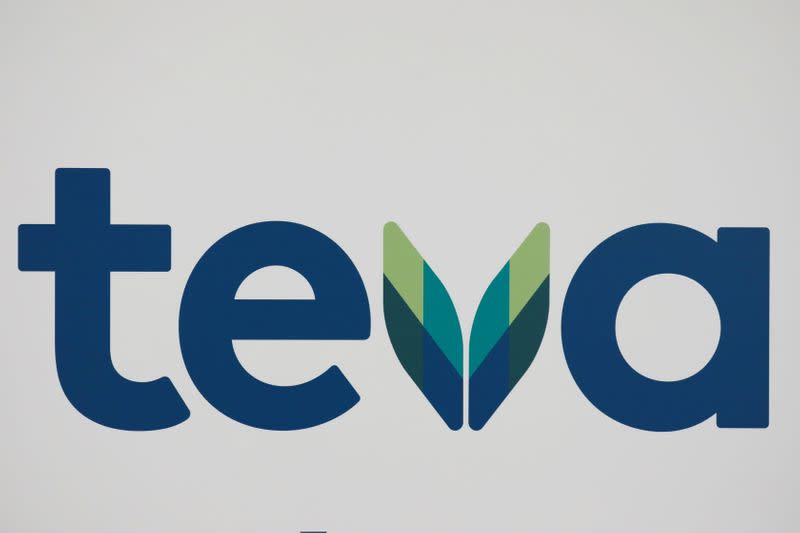AbbVie settles New York opioid case for $200 million as trial winds down
By Brendan Pierson
(Reuters) - AbbVie Inc agreed to pay $200 million to settle claims by New York that its Allergan unit helped fuel an epidemic of opioid addiction in the state, shortly before jurors heard closing arguments from remaining defendant Teva Pharmaceutical Industries Ltd in a trial that has lasted more than five months.
New York Attorney General Letitia James announced the deal on Wednesday, saying more than $150 million would be used to remedy harms caused by opioid addiction. Allergan, which AbbVie acquired in 2020, said in a statement it was pleased to have reached the settlement.
James, along with New York's Nassau and Suffolk Counties, had been seeking to hold Teva and AbbVie liable for marketing practices that they said encouraged addiction. The settlement resolves the counties' claims against Allergan as well.
Harvey Bartle, a lawyer for Teva, told jurors in his closing argument that the state and counties had not presented any testimony supporting their claim that marketing by Teva or any of its affiliates improperly influenced doctors to prescribe opioids.
"The governments have not shown you a single prescription, let alone a considerable number, of our client's medicines in Nassau, Suffolk or New York that should not have been written," he said.
Bartle also said that the increase of opioid prescriptions in the 2000s was driven by changing medical standards, endorsed by government regulators, that emphasized treating pain more aggressively.
The state and counties are expected to present their closing arguments later this week or next.
The case is one of more than 3,300 filed by state, local and tribal governments across the country accusing drugmakers of minimizing the addictiveness of opioid pain medications, and distributors and pharmacies of ignoring red flags that they were being diverted into illegal channels.
More than 100,000 people died from drug overdoses during the 12-month period ending April 2021, the U.S. Centers for Disease Control and Prevention said in a report in November, a record driven largely by opioids.
The three largest U.S. drug distributors and drugmaker Johnson & Johnson in July agreed to pay up to $26 billion to resolve the lawsuits against them.
A bankruptcy judge in September approved a settlement by OxyContin maker Purdue Pharma LP, including about $4.5 billion from its wealthy Sackler family owners.
(Reporting By Brendan Pierson in New York; Editing by Alexia Garamfalvi, Aurora Ellis and Bill Berkrot)

 Yahoo Finance
Yahoo Finance 

